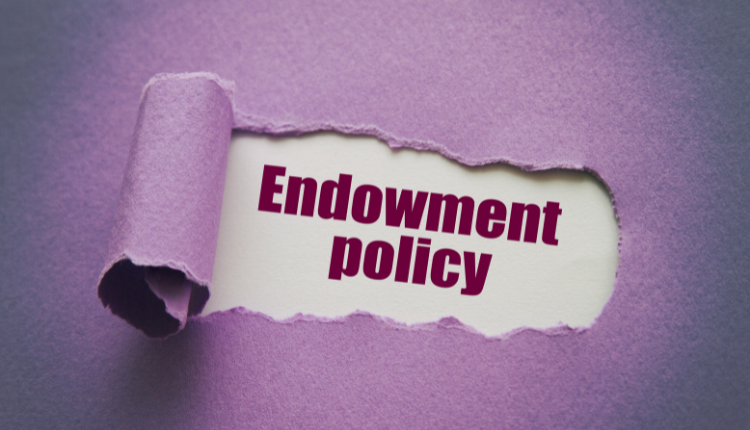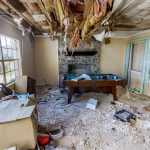
Why Insurance Companies Deny Fire Insurance Claims

Why Insurance Companies Deny Fire Insurance Claims? It’s a question that can keep anyone awake at night. Imagine dealing with the aftermath of a fire, only to find out your insurance company won’t cover the damages. Let’s explore the reasons why your fire insurance claim might be denied, so you can avoid common pitfalls and ensure you’re properly covered.
Table of Contents
- 1. Misrepresentation or Fraud
- 2. Lack of Proper Documentation
- 3. Policy Exclusions
- 4. Policy Lapses
- 5. Neglect or Poor Maintenance
- 6. Late Filing of Claims
- 7. Insufficient Coverage
- 8. Unapproved Repairs or Cleanup
- 9. Failure to Mitigate Damages
- 10. Disputes Over Valuation
- Tips to Ensure Your Fire Insurance Claims Are Approved
- Conclusion

1. Misrepresentation or Fraud
One of the main reasons an insurance company might deny your fire insurance claim is misrepresentation or fraud. If you provide false information when applying for your policy or during the claims process, your insurer can refuse to pay. This includes lying about the value of your property or the cause of the fire. Always be honest and transparent to avoid this issue.
2. Lack of Proper Documentation
Proper documentation is crucial when filing a fire insurance claim. Without it, your insurer might deny your claim. This includes receipts, photos, and an inventory of damaged items. Make sure to keep all relevant documents in a safe place, and regularly update your inventory. This will make the claims process smoother and increase your chances of approval.
3. Policy Exclusions
Every fire insurance policy has exclusions—specific situations where the insurer won’t pay out. Common exclusions include fires caused by war, nuclear hazards, or intentional acts. Read your policy thoroughly to understand what is and isn’t covered. This way, you’ll know when your claim might be denied and can take steps to mitigate risks.
4. Policy Lapses
A lapsed policy is another reason for claim denial. If you miss premium payments, your coverage could be suspended or canceled. Set reminders to pay your premiums on time and consider setting up automatic payments. Maintaining active coverage is essential to ensure your claims are honored.
5. Neglect or Poor Maintenance
Insurance companies expect policyholders to maintain their property. If a fire results from neglect or poor maintenance, your claim might be denied. This includes faulty wiring, old appliances, or not adhering to safety regulations. Regular maintenance and safety checks can help you avoid this issue and keep your property in good condition.
6. Late Filing of Claims
Timing is critical when filing a fire insurance claim. Most policies require you to report a fire promptly. If you delay filing your claim, the insurer might deny it. Familiarize yourself with your policy’s time limits and act quickly in the event of a fire. Prompt action shows your insurer that you take the situation seriously.
7. Insufficient Coverage
Your fire insurance policy must provide sufficient coverage for your property. If your policy limits are too low, you might not receive enough compensation to cover your losses. Regularly review your coverage and update it as needed. This ensures you have adequate protection and can avoid surprises if you need to file a claim.
8. Unapproved Repairs or Cleanup
After a fire, you might be eager to start repairs or cleanup. However, making unapproved repairs can lead to claim denial. Most policies require you to wait for the insurance company’s assessment before making any changes. Follow your insurer’s guidelines to ensure your claim is processed smoothly.
9. Failure to Mitigate Damages
You’re expected to take reasonable steps to prevent further damage after a fire. If you don’t, your insurer might deny your claim. This could include securing the property, boarding up windows, or covering exposed areas. Taking these steps shows that you’re proactive and responsible, increasing the likelihood of claim approval.
10. Disputes Over Valuation
Sometimes, disputes over the value of your claim can lead to denial. This happens when the insurance company and the policyholder disagree on the amount of compensation. To avoid this, document your property’s value and any improvements thoroughly. Consider hiring an independent appraiser if needed. This can provide a fair assessment and help resolve disputes.
Tips to Ensure Your Fire Insurance Claims Are Approved
Understanding why claims are denied can help you avoid common mistakes. Here are some tips to ensure your fire insurance claims are approved:
- Read Your Policy: Understand your coverage, exclusions, warranties and requirements.
- Maintain Your Property: Regular maintenance can prevent fires and demonstrate responsibility.
- Document Everything: Keep detailed records and receipts of your property and any improvements.
- Act Quickly: Report fires and file claims promptly.
- Follow Guidelines: Adhere to your insurer’s procedures for filing claims and making repairs.
Conclusion
Navigating the fire insurance claims process can be challenging, but understanding common reasons for denial can help you avoid pitfalls. By being honest, maintaining your property, and following your policy’s guidelines, you can increase your chances of having your claims approved. Stay proactive and informed to ensure you’re adequately protected and prepared in case of a fire. Remember, knowledge and preparation are your best defenses against claim denials. Stay safe and insured!



















